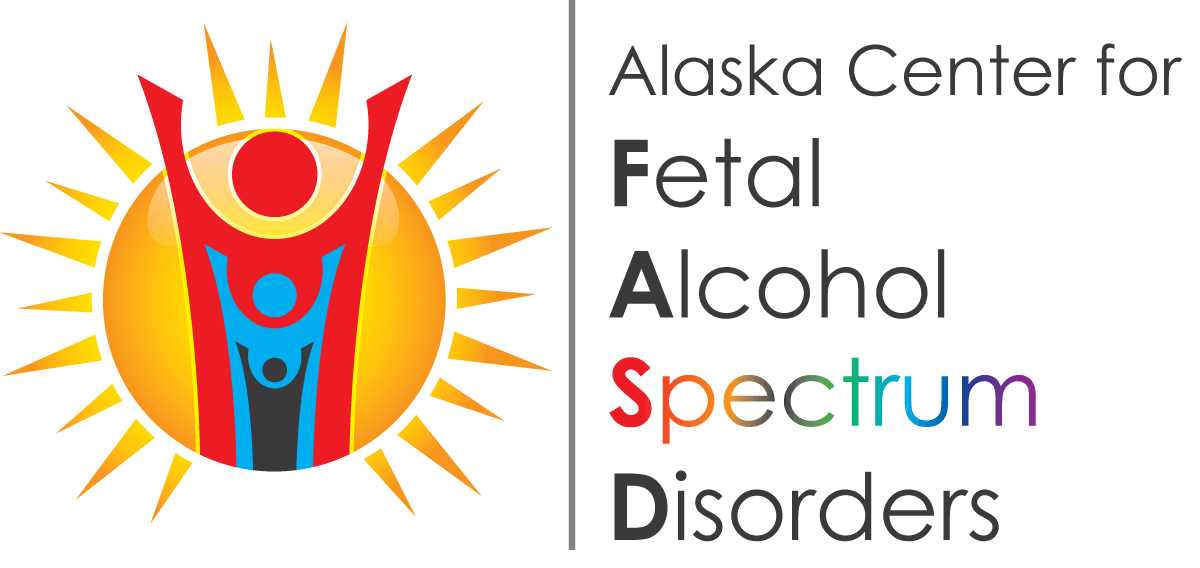We Believe That . . .
- No amount of alcohol is safe during pregnancy. The things that influence how the baby is impacted are very complicated and not predictable for any mother/baby pair.
- Birth moms all have a story and we need to really listen to them, learn, and support them in a way that works for them.
- Access to alcohol for self-medication is often easier than access to behavioral/mental health services…we want to promote a change in this pattern.
- Stigma gets in the way of helping and healing… powerful stories can reduce stigma.
- Universal routine alcohol screening in medical care and other practices can help to ‘normalize’ the conversation about alcohol and reduce stigma.
- FASD diagnosis is not a label…it can reveal the brain pathway ‘disconnects’ that folks experiencing an FASD already ‘feel’ and are blaming themselves for.
- FASD diagnosis can help parents and those who interact with individuals experiencing an FASD to ‘think differently’ so they can get curious about reasons for the behaviors they may see.
- Recognition of FASD during the early years of life can reduce the impact of possible conditions that are created by having a ‘poor fit’ for the person experiencing an FASD.
- Self-medication with drugs and alcohol is a symptom of a deeper story…we want to make it ok to share the story so healing can begin.
- Addiction to drugs or alcohol is not a character flaw, it is a medical condition that needs effective treatment (including substance treatment that honors those with brain-based differences).
- If individuals experiencing an FASD are in substance treatment they deserve to receive treatment that meets their different learning needs.
- Families who live with or are raising individuals who experience an FASD deserve the long-term support and interventions that can help them both them succeed.
